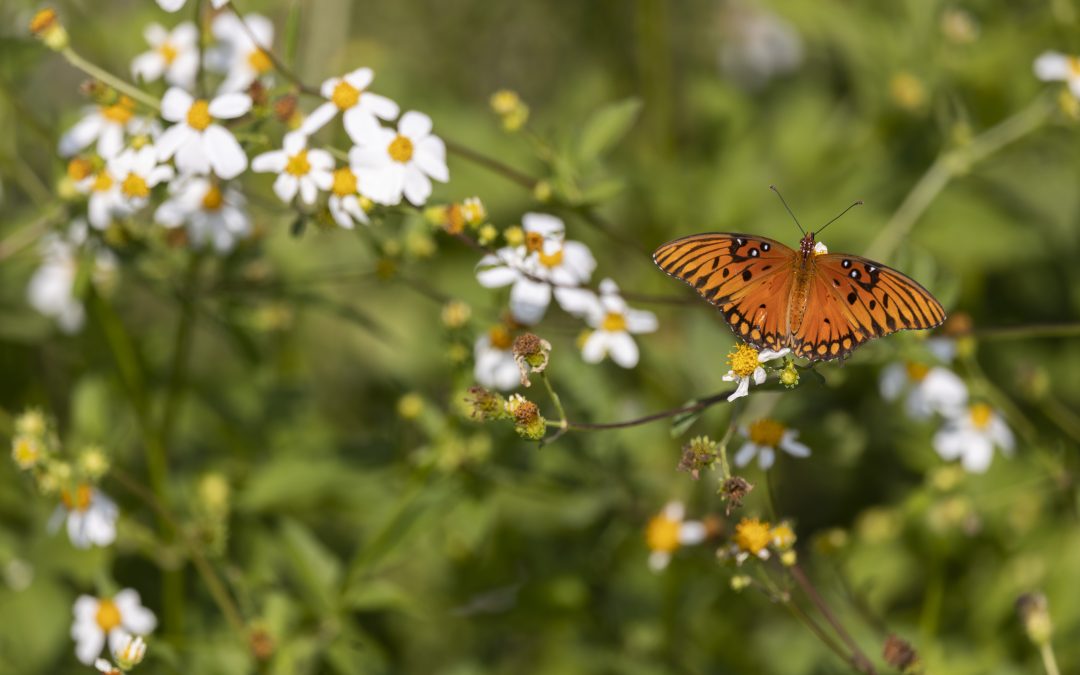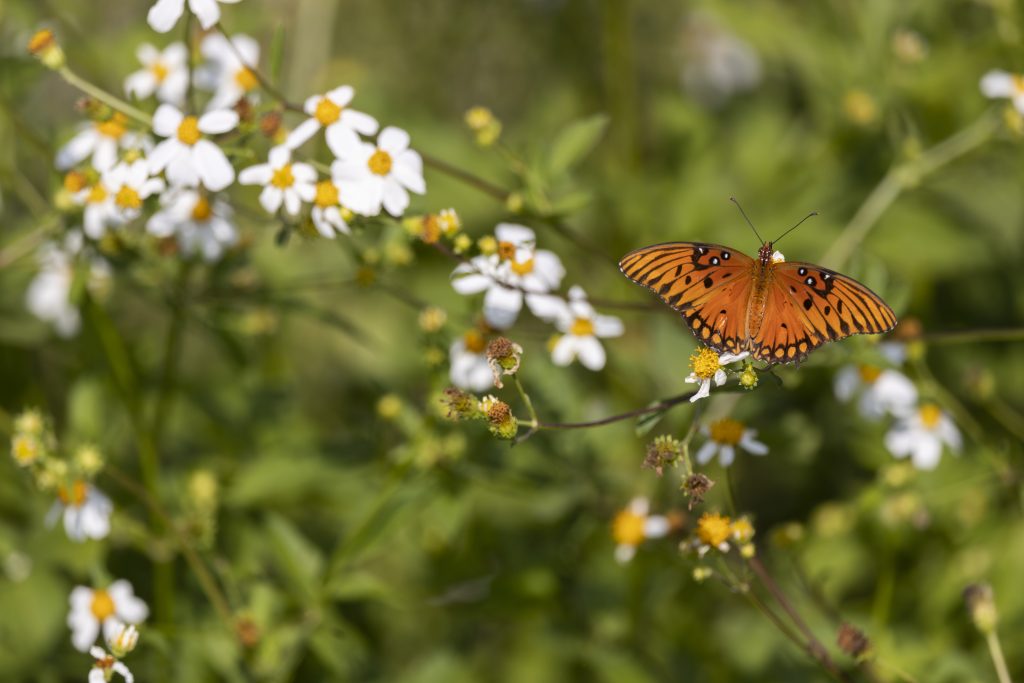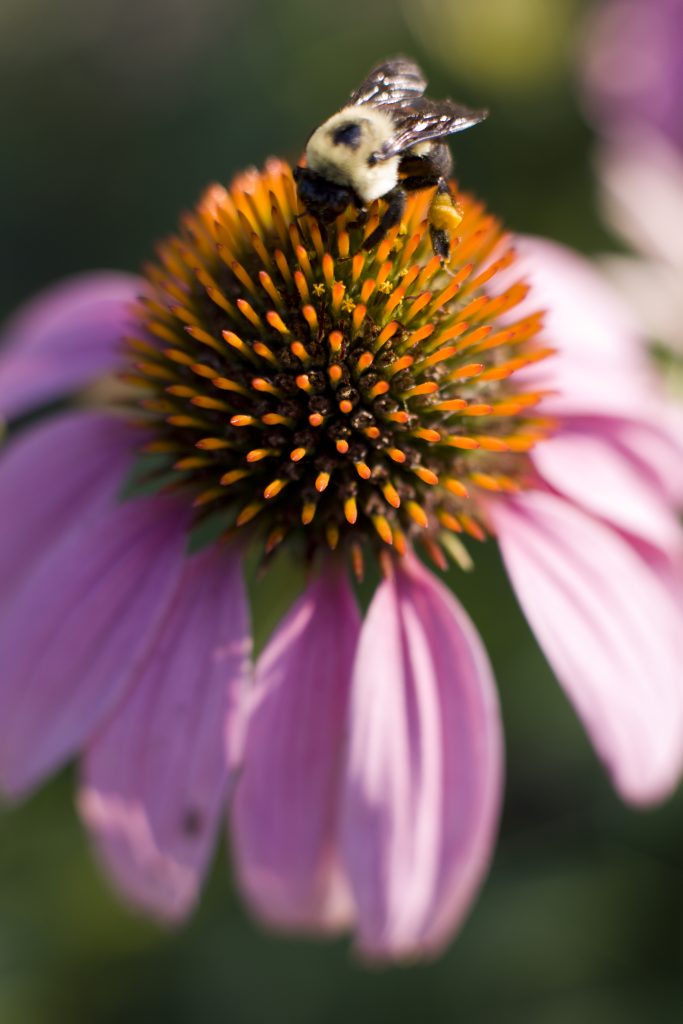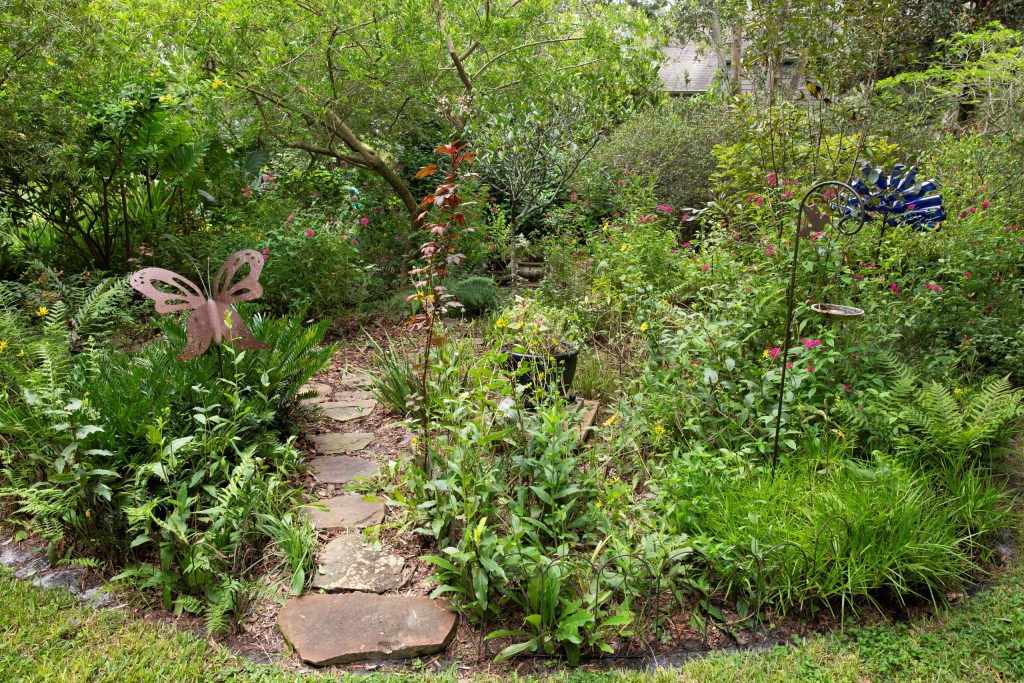
Creating a Pollinator Paradise: Attracting Bees, Butterflies, and Birds to Your Garden
In the ever growing urbanization of our world today, green spaces are hard to come by but are so essential to biodiversity conservation. Pollinators, such as bees, butterflies, and birds, play a crucial role in our ecosystem by facilitating plant reproduction. Unfortunately, pollinator populations are declining due to habitat loss, pesticide use, and climate change. However, by making simple changes to your garden, you can create an environment that supports and protects your pollinators. In this article, we will discuss ways to turn your garden into a pollinator paradise.

Choosing Native Plants
Native plants are adapted to the local climate and soil conditions, making them ideal for supporting native pollinators. Research native species that thrive in your region and incorporate them into your landscape. Aim for a diverse selection of flowers that bloom at different times throughout the year to provide a continuous food source for pollinators.

Providing Shelter and Nesting Sites
Pollinators need more than just nectar-rich flowers; they also require sheltered spaces for nesting or overwintering. By incorporating features such as brush piles, dead trees, and nesting boxes you are creating habitat diversity for the pollinators. Leaving some areas of bare soil for ground-nesting bees and providing water sources like shallow dishes or birdbaths can further enhance your garden’s appeal to pollinators as well.
Avoid Chemical Pesticides
Chemical pesticides not only can harm pollinators, but they can also directly disrupt ecosystems. Instead of reaching for a spray on the shelf to deter pests, consider using a natural pest control method such as companion planting, handpicking pests, and encouraging natural predators like ladybugs and birds. Certain organic gardening practices not only protect pollinators, but can also promote your garden’s overall health.
Embrace Imperfection
A manicured garden may look appealing, but it can be sometimes inhospitable to our pollinator friends. Create a more naturalistic approach by allowing certain areas of your garden to grow wild. Letting plants go to seed, leaving some leaf litter, and allowing flowers to fade and form seed heads provide valuable resources for pollinators throughout their life cycle.

Educate and Inspire Others
Because pollinator numbers have rapidly declined in recent years, awareness and education of their importance to our ecosystem is crucial. Spreading the word of their importance and how you can contribute to conservation efforts truly helps the cause. UF/IFAS Extension has made great efforts in hosting workshops, giving presentations, and sharing information through newsletters and social media about the importance of creating pollinator habitats. We encourage you, your neighbors, friends, and community members to join in the movement of creating pollinator-friendly gardens and landscapes.
By transforming your garden into a pollinator paradise, you not only enhance its beauty, but also play a vital role in conserving biodiversity. Every flower you plant and every habitat you create contributes to the well-being of bees, butterflies, birds, and other pollinators. Together, we can make a difference and ensure a thriving ecosystem for generations to come.
For more information, please visit:
